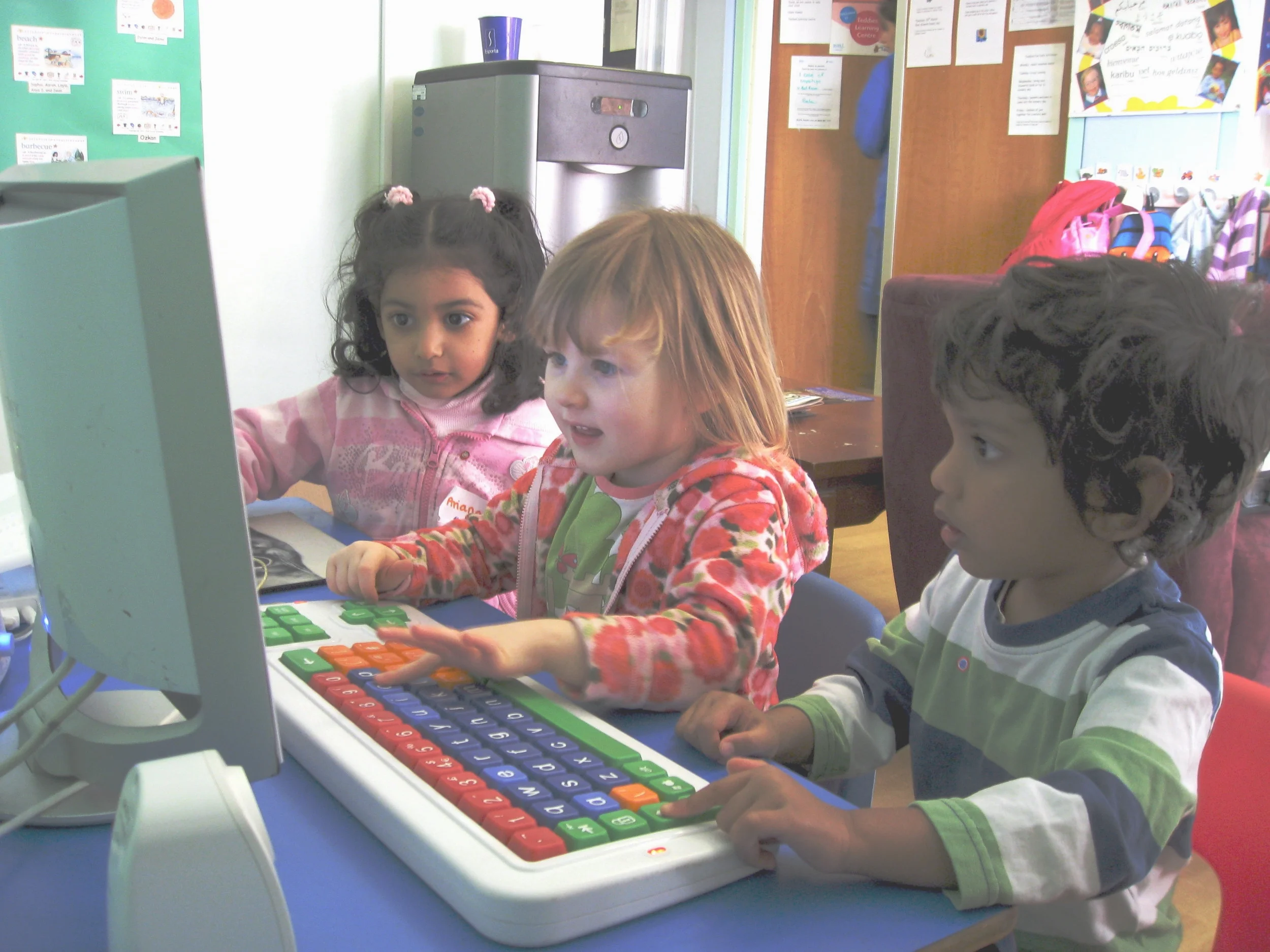Reported By Hallie Knotts
We’ve all seen it before. A mom hands her child a tablet and the kid instantly goes into a “technology trance,” where he or she will stay glued to the screen for hours without looking up or speaking a single word. You’d think people who spend so much time with such a beloved device would know more about the mechanisms that make it work, but the reality is they don’t. Schools throughout the world are starting to bridge that gap and it all starts by incorporating computer science curriculum into the classroom.
England was the first country to make computer science a required subject for all levels of schooling. By the age of sixteen, students will know how to code, create and decipher algorithms, and solve computational problems. This soon caught wind and Japan has since included computer science into their curriculum as well. Going one step further Japan; in China, parents have started to teach their children the basics of coding even before entering preschool.
Likewise, The United States also wants to jump on the coding train. To move this process along, Code.org, an industry-backed, nonprofit organization, has raised millions of dollars to fund education reform. Their goal: to get every school in the U.S. to teach computer science. Hardi Partovi originally founded Code.org in 2012. Since then he has helped persuade two-dozen states to change their education policies and laws. He has also created coding lessons, called Hour of Code, which more than 100 million students worldwide have used.
Alongside Hour of Code, Apple released a free app, called Swift Playgrounds, to teach basic coding. The famous fruit corporation has also introduced a yearlong coding curriculum for high schools and community colleges.
It doesn’t stop there; the coding frenzy has introduced many after school programs with the sole purpose of teaching kids how to code. Many parents feel that the U.S. is behind the curve and want their kids to have exposure as soon as possible, so they enroll their kids in coding classes outside of the school setting. These parents also want to show their children that coding is fun, useful, and will be beneficial to their future. One example of a successful coding program is Girls Who Code, a nonprofit organization that offers summer immersion programs, campus programs, and after school clubs. Here girls learn how to use the basics of computer science to build their own websites and applications. The program hopes that after their experience they might be more likely to pursue a career in computer science or technology.
Making computer science required in the United States does present advantages. For years, the tech world has relied on foreign engineers to be the IT gurus. If schools in the States began making computer science a mandatory subject, then companies would no longer have to outsource their employees. Being tech savvy also presents graduates with higher paying job opportunities, so that their hard-earned degrees don’t go to waste. Advocates of this idea argue that learning how to code is similar to learning how to play an instrument. These supporters say it is also a way for kids to express themselves while learning a new language at the same time.
In comparison, opponents of this idea say that it is never a good idea to have industry drive curriculum. Education researchers warn that this could sway schools to teach a specific computer skill set for a specific company instead of teaching a broad array of problem solving skills.
In any case, it is without a doubt that our use of technology is growing, as it integrates into almost every activity in our everyday lives. As technology expands, so will opportunities. Having a basic understanding of what goes on behind the screen can help children excel in the future. No one knows what education will look like in the next few years, but one hopes that the students are prepared. Being able to use technology is one thing, but being able to create it is powerful.
Hallie Knotts
Hi there! My name is Hallie Knotts and I am a reporter for the BEFA team! I was born and raised in Louisville, Kentucky and graduated from The University of Mississippi in 2017. I currently live in Madrid, Spain. Once I return home I hope to pursue a career in public relations or communications.


